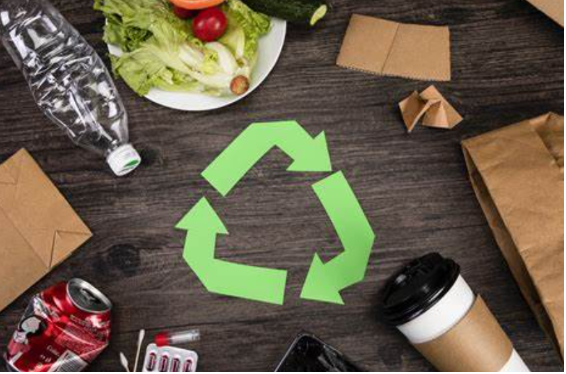Learn from International Waste Sorting: Establish Comprehensive Management Systems and Intelligent means
In the report to the 20th National Congress of the Communist Party of China, it was proposed that a comprehensive conservation strategy must be implemented to promote the intensive utilization of all kinds of resources and accelerate the establishment of a system for recycling waste. In September 2022, the Central Commission for Comprehensively Deepening Reform reviewed and approved the Opinions on Comprehensively Strengthening Resource Conservation Work at its 27th meeting, which introduced new arrangements and set higher requirements for the intensive use of resources.
Garbage is considered a misplaced resource and is the only kind of resource on Earth that continues to grow and never depletes, a well-known viewpoint put forward by Laske, chief expert of the United Nations Environment Programme. Today, waste management philosophy has evolved to the stage of source reduction and recycling. Transforming waste into valuable resources and utilizing it efficiently has become a universal consensus and development direction in global waste management.
Internationally, major world economies have made significant progress in the resource utilization of industrial and agricultural waste within the production sector. However, for countries like China, the large amount of decentralized domestic waste - resulting from factors such as population size, residential patterns, and lifestyle habits - will still require considerable time to achieve efficient resource recovery. Developed countries and regions, including the United States, Canada, Japan, South Korea, and Europe, have long implemented waste sorting systems and possess relatively mature awareness around sorted waste disposal. Their experience offers valuable insights and lessons for China.

To promote garbage classification and resource recovery, China can draw on foreign experience:
1. Establish a strict and detailed management system, drawing on the waste sorting systems of Japan and Germany as examples, by implementing more refined classification requirements and implementing relevant incentive and disincentive measures.
2. Utilize intelligent technologies by leveraging rapidly advancing artificial intelligence to promote the application of digital systems and intelligent hardware, making waste sorting more convenient and efficient.
3. Explore innovative models for waste resource utilization by diversifying the development and use of bulk solid waste, and seeking new methods for waste application, such as constructing houses from plastic waste.
4. Enhance the convenience of waste sorting for residents by gradually guiding and raising classification standards through methods such as the separation of dry and wet waste, making waste sorting a natural habit in daily life.
5. Strengthen interaction between upstream and downstream sectors in waste sorting and treatment, promoting close collaboration between resource recovery enterprises and waste management companies to form an efficient waste sorting and recycling system.
6. Intensify public awareness campaigns and guidance on waste sorting, using continuous education and supervisory measures to make waste sorting a dynamic practice embraced by the whole society.
By implementing these measures, China will be able to accelerate the progress of waste sorting and resource recovery, facilitating efficient resource utilization and fostering a more environmentally friendly and sustainable society.
